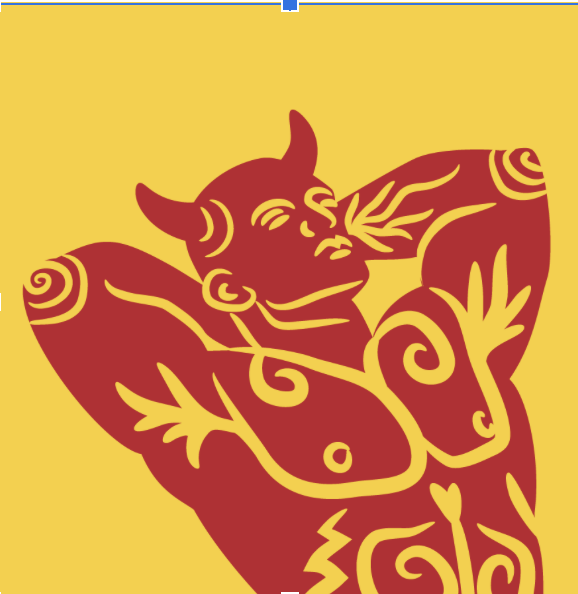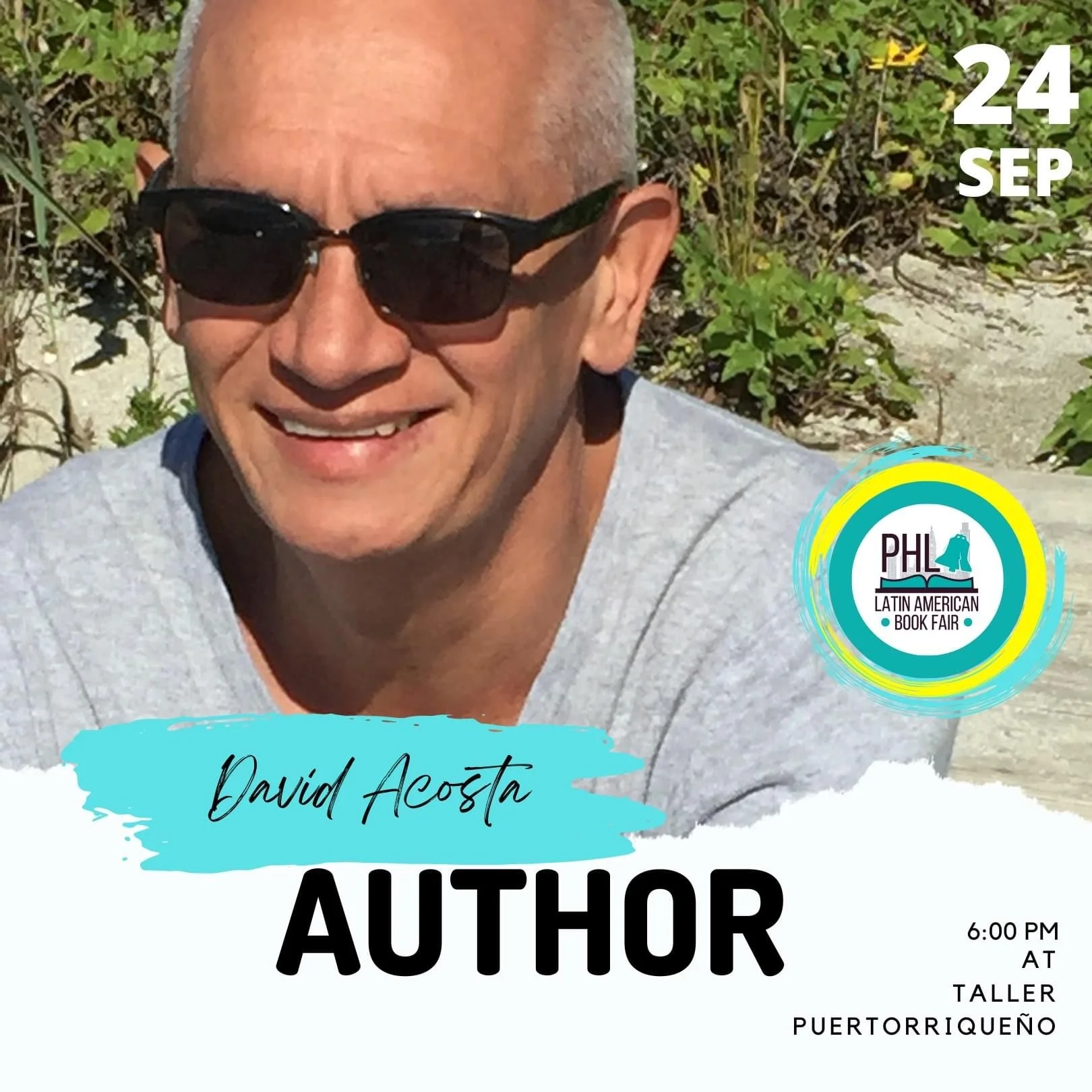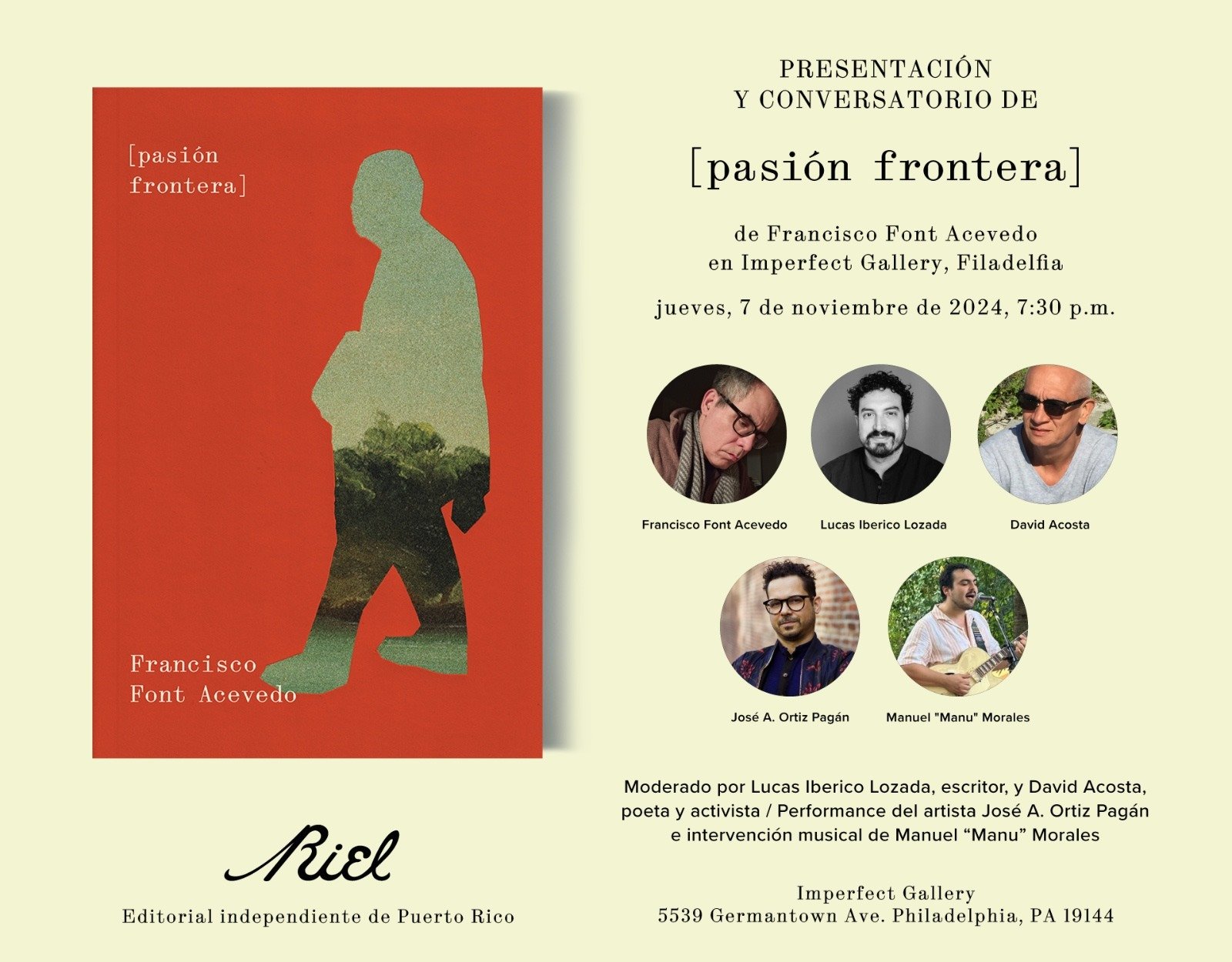Ni Tan Divas Ni Tan Muertas, a three women play starring Tanaquil Marquez, Yajaira Paredes, and Veronica Ponce de Leon.
A Celebration and Fundraiser for the 20th Anniversary of Cascarones Por la Vida.
A collaboration between Casa de Duende and Pasion y Arte Flamenco on the influence of the Duende on Art and Dance.
A collaboration between Scribe Video Center, the Open Kitchen Sculpture Garden and Casa de Duende.
A collaboration between Scribe Video Center, the Open Kitchen Sculpture Garden and Casa de Duende.
Literary Evening on Mexican Authors/ Noche Literaria sobre autores mexicanos/September 18, 2017, Was honored to be a part of the panel on Mexican Authors organized by the Mexican Consulate in Philadelphia discussing the work of Octavio Paz and Carlos Fuentes with Swarthmore Professor Emeritus Aurora Camacho Schmidt, Princeton professor of Spanish literature Nadia Cervantes, and the Mexican writer Carlos Jose Perez Sámano. With Humberto Cruz Guadarrama and Carolina Zuluaga of the Philadelphia Mexican Consulate.-- Charles Santore Library 932 South 7th St. Philadelphia, PA 19147.
The Meaning of My Name, Collaboration between Dissident Bodies, Laboratorio Acciones Diversas and Casa de Dunede. February 25th, 2020.
Dislocada Showcase, a screening of International Video Performance at City Arts Salon.
Dislocada Showcase, a screening of International Video Performance at Cherry Street Pier.
Directed video for Letter to My Father Letter to My Son, part of the Engaging Males of Color Initiative at First Person Arts funded by the City of Philadelphia Department of Behavioral Health and Intellectual disAbility Services.
Guest editorial contributor to an international anthology on queer artists published by Balaclava Q in England.
Covert to UN//TITLED Anthology. Guest editorial contributor to an international anthology on queer artists published by Balaclava Q in England.
Worked with Amber Art and Design in leading poetry workshops for the Urban Heat Project led by Artists Eve Mosher and Jose Ortiz Pagan to develop language for a children's coloring book to educate and provide steps to address climate change and urban heat.
Was delighted to participate as a panelist organized by We Are The Seeds, with other Native writers as part of the Philadelphia Theatre Company's Woolly Mammoth Theatre production of Where We Belong, by Madeline Sayet.
A collaboration between Make Music Philly, The Open Kitchen Sculpture Garden, and Casa de Duende.
Participant in the 4th Latin American Book Fair 2023.
Panel of local authors @ the closing of the Latin American Book fair @ Taller Puertorriqueño with Aida Waserstein & David Acosta and moderated by Jesenia De Moya Correa.
A night honoring Latinx artists working in community for their contributions to creating art and artistic opportunities in Philadelphia's latin neighborhoods.
Reading as part of the Moonstone Poetry Series. Wednesday November 23, 2022 7PM –Live at Fergie's Pub, 1214 Sansom Street
Poetry reading organized by Casa de Duende in collaboration with the Free Library of Philadelphia for National Poetry Month.
Poetry reading organized by Casa de Duende in collaboration with the Free Library of Philadelphia for National Poetry Month.
A social Practice exhibition offering community engagement, workshops, live music, poetry and performance by artists and community leaders. Curated by David Acosta, (Casa de Duende) and DVVA member artists: Bill Brookpver, Selene Nuñez-Cruz, Vicente Ortiz Cortez, and William Timmins.
A social Practice exhibition offering community engagement, workshops, live music, poetry and performance by artists and community leaders. Curated by David Acosta, (Casa de Duende) and DVVA member artists: Bill Brookpver, Selene Nuñez-Cruz, Vicente Ortiz Cortez, and William Timmins.
A social Practice exhibition offering community engagement, workshops, live music, poetry and performance by artists and community leaders. Curated by David Acosta, (Casa de Duende) and DVVA member artists: Bill Brookpver, Selene Nuñez-Cruz, Vicente Ortiz Cortez, and William Timmins.
An art community project encouraging local immigrants to share stories about their journey to Philadelphia.
An artistic collaboration spearheaded by Casa de Duende in collaboration with Veronica's Mexican Art, Mexican artist Brujo de La Mancha, and the Philadelphia Free Library. Developed and conceived by Veronica Ponce de Leon for children, the two-hour workshop taught puppet making using easily to obtain recycled materials. The workshop was aimed at children using art as a fundamental means for creative expression. Working Puppets engaged participants in the creation of puppets based on those careers the child was interested in pursuing and or those careers they are interested and or intrigued by as well as a discussion on puppet making as an artistic career. An example being the Muppets created by Jim Henson.
A Peruvian cultural evening paying homage to the life and work of great Peruvian Poet Cesar Vallejo on the 85th anniversary of his death. An evening of food, poetry, dance, and music. A conversation about Vallejo's poetry among the Peruvian Poet Roger Santivañez, Chilean Poet Miguel Bacho, and Colombian born poet, David Acosta. Performing Peru's national dance, La Marinera, award-winning Peruvian dance duo Carmen Ruiz and Ciro Pinto, and music by Philadelphia’s own Magdaliz Roura and her musical ensemble Crisol.
De Maricas, Mariposas y otros Bichos was a performance curated by Casa de Duende as part of an artistic collaboration between artists Felipe Chona and Mateo Sierra (Colombia) and David Acosta (United States), which presented through three different stories, an overview of queer history in the USA and Colombia during the last 50 years , and touched upon themes such as the AIDS epidemic, desire, sex, art, gay icons and the spaces we inhabit as communities which oftentimes exist on the margins. The work speaks of memory, sorrow and resilience and is part of the XV AVD international Performance Festival in Bogota Colombia.
A Night of the Dead Celebration honoring queer artists whose contributions to all facets of art made them icons. A collaboration between The Open Kitchen Sculpture Garden, Ollin Yoliztli Calmecac, and Casa de Duende.
La Cama Vacia/The Empty Bed, is a performance piece presented on December 1st, 2020 to mark World AIDs Day and Day Without Art. Written and directed by David Acosta The Empty Bed, is an elegy and a tribute to love, desire, death and the loss of thousands of gay men during the worst years of the AIDS epidemic, a loss of life among gay men coming of age in the late 70s, 80s, and 90s, in what came to be called the Lost Generation, men who came of age during a time of incredible loss, where death was a constant presence, as well as fear and anger at the lack of response from the government. The piece also celebrates the resilience of homosexual men who in the midst of this devastating epidemic never stopped loving, fighting, and who knew how to rescue desire in all its forms despite society's hatred and indifference. Dec 1st, 2023 @ Cuadrado Gris Gallery, San Juan Puerto Rico. #dislocada #cuadradogris, #dissidentbodies. Write and directed by David Acosta La pi
Save China Town Anthology, Moonstone Arts Center Press, 2024. Supported by the Save Chinatown Coalition, Editors David Acosta and Mia Kang.
Presentation of Peruvian poet Roger Santivañez's Anthology "Communion of the Saints, Collected Poems 1979-2018.
Presentation of the save Chinatown Poetry Anthology, Co-Edited by David Acosta and Mia Kang, as part of the community opposition efforts to the proposed building of a 76ers arena in Center City Philadelphia which would have presented an existential threat to Philadelphia's historic Chinatown.
Presentation of Fatal Force: Poetic Justice Anthology at Taller Puertorriqueño. Introduction to the Fatal Force: Poetic Justice Anthology The genesis of this anthology “Fatal Force; Poetic Justice” was born out of a poem written by the Puerto Rican poet Martin Espada on the murder of Eddie Irizarry, a young Puerto Rican man killed in Philadelphia by a police officer on August 14th, 2023. Espada’s poem titled “Officer Mark Dial, Who Shot Eddie Irizarry, Will Be Fired for Insubordination”, was based on a headline which appeared in the Philadelphia Inquirer on August 23, 2023. Outside of having the poem published by Moonstone Press and other literary publications, Martin wanted the poem to go a bit further and to mean something more substantial. Towards that end, Larry reached out to myself, and I proposed the anthology as a way to honor Martin’s wishes while creating a space for poets to address what is as evidenced by the poems included, a deeply personal and difficult subject matter. I also knew that I did not want to be the sole editor of the anthology, so I reached out to Ricardo Kearns, a journalist and poet whom I have known for decades who graciously agreed to co-edit this anthology with me. Sadly, as happens too frequently in cases of police violence against civilians, the judge threw out Eddie Irizarry’s case siding with the defense despite a mountain of evidence including police body camera footage which contradicted police accounts of what happened, and which led to the officers suspension and eventual dismissal from the Police Department. The execution style murder of Eddie Irizarry is of course just one in a long litany of names of individual men, women, teens and children, murdered by police. A primary purpose of poetry and its power is in naming. These poems do just that, giving voice to individuals, to families to communities and to difficult moments. The poems in this anthology are a testament to the impact that police brutality has had and continues to have on the lives of the poet as citizen, and on society at large. They are poems, full of anger, rage, despair, frustration, sadness, and hope. The poems in this anthology seek to make sense of the senseless, to bear witness, and to pay tribute to those lives lost, so it is no coincidence that the elegy, (that most beautiful of poetical forms) appears time and time again in these pages, it is how in poetry, since time immemorial, we poets have honored the lives, and the spirit of the dead, and give a small bit of comfort to the living. In solidarity, David Acosta and Ricardo Kearns.
Presentation and conversation with author Rebecca Davis on the release of her book Fierce Desires. A New History of Sex and Sexuality in America.
Co presentation and conversation with co -host Lucas Iberia Lozada, speaking to Francisco Font Acevedo on hi new book Pasion Frontera@ Imperfect Gallery in Philadelphia.
Capital and the City. A poetry reading and discussion on poetry inspired by the city @ Making World Bookstore, with visiting poets from Mexico City, Tania Favela, and Luis Verdejo.
A panel presentation on the art of translation at the Independence Branch Library of Philadelphia with poets Lynn Levin and Miguel Bacho on the process of translating poetry from Spanish to English. Speaking in tongues was a collaboration between Casa de Duende, the Philadelphia Latin American book Fair and the Free Library of Philadelphia.








































